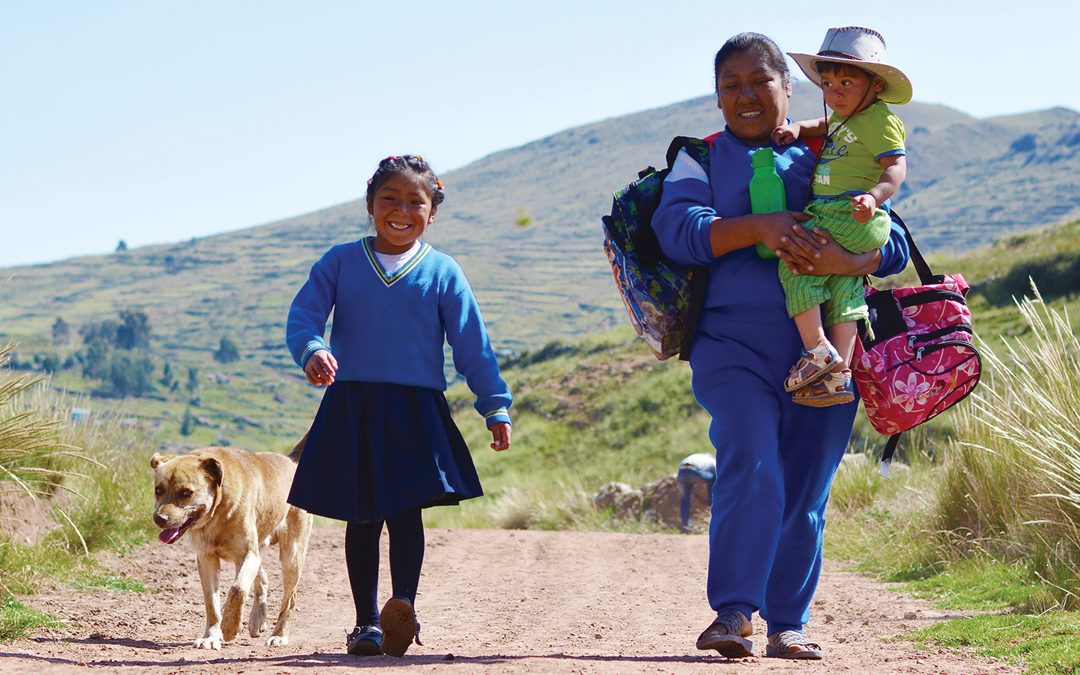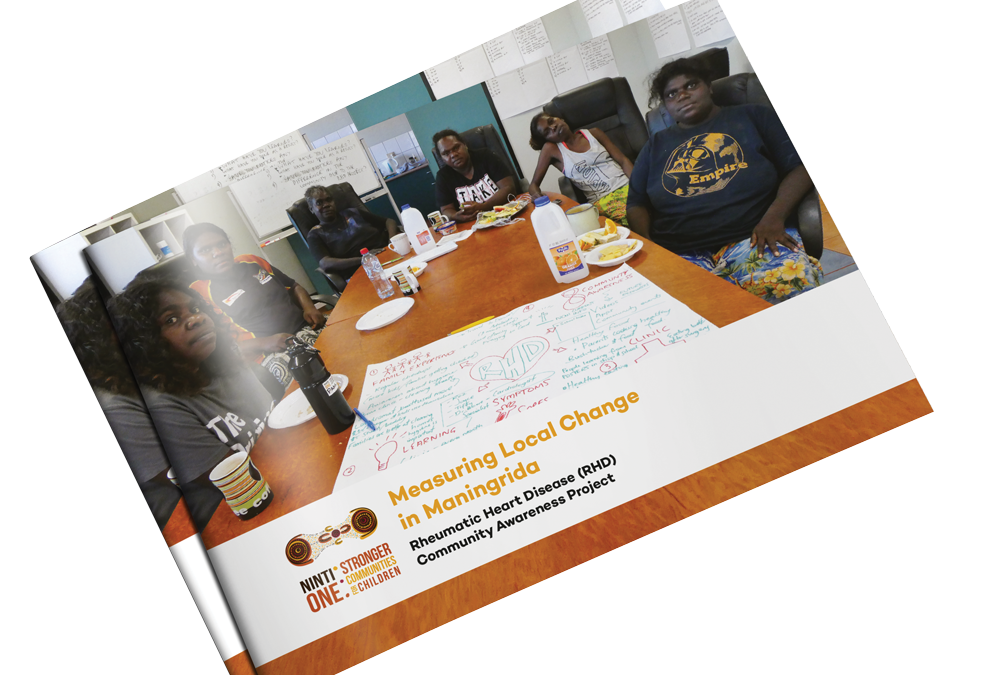
ConnectED; support for better quality, access and relevance of education in Central America

ConnectED; support for better quality, access and relevance of education in Central America
After several years of learning from the achievements of its program in rural areas of Nicaragua, in 2019 the Raechel and Jackie Foundation became ConnectED. At the same time, the organisation embarked on a new phase of work in Guatemala that focuses on further testing and proving of its community-based model implemented with local education leaders known as Fellows.
As part of this process of change, ConnectED invited Community Works to collaborate across a range of activities designed to establish and sustainable and high-impact long-term strategy. Starting with Spring Impact methods to analyse and plan the scaling of the work in Nicaragua to Guatemala, we broadened our work for ConnectED to include:
- Research on comparative education models
- Interviews with key individuals on the impact and future directions of ConnectED
- Preparation of a strategy and business plan
- Development of key strategy components including the Theory of Change, logic model and M&E metrics
- Design of communication materials, including a prospectus for potential local partners
- Preparation of training materials for workshops in Guatemala
- Contributions to plans for fundraising.
We worked closely with the ConnectED team throughout this process, building great team spirit and collective effort.
At the time of preparation of this short summary, Community Works has been involved with ConnectED for over a year and Steve Fisher has joined the Advisory Council of ConnectED. We anticipate continuing our partnership as the organisation delivers against its strategic objectives and makes a difference to the way that communities in Central America achieve better quality, access and relevance of local education.








